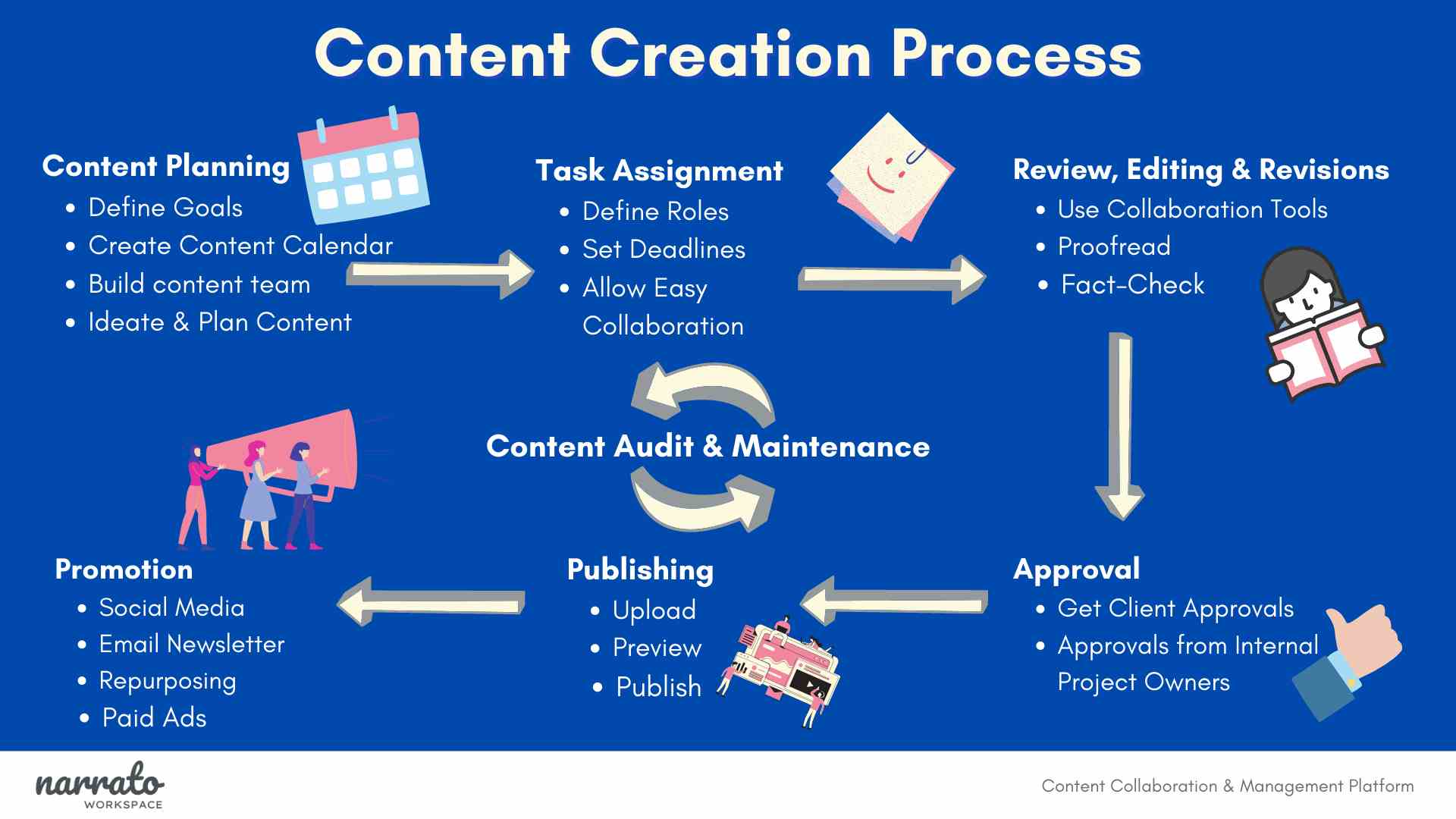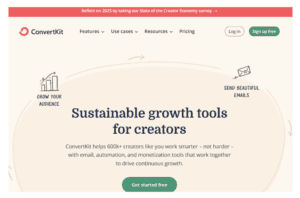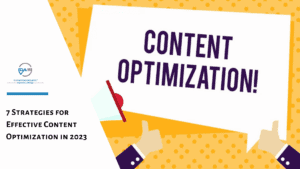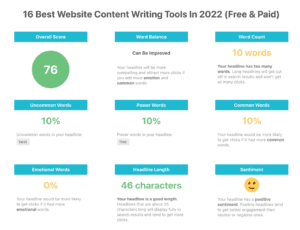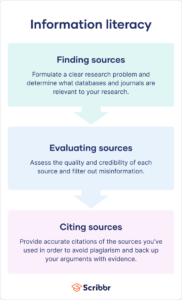Content Planning: Laying the Foundation for Successful Content Creation
Effective content planning is a crucial first step in ensuring consistent, high-quality output for any digital platform. Whether you’re managing a blog, website, or social media channels, structured content planning enables you to stay organized, meet your goals, and ultimately, drive success. This article will introduce the essentials of content planning, the tools to streamline your strategy, and how it fits into the bigger picture of content creation for businesses.
Why Content Planning Matters
Content planning involves outlining the type of content you’ll produce, the format it will take, the channels where it will be published, and the audience it’s intended for. Proper planning ensures your content aligns with your business objectives, helps you maintain a steady output, and keeps your messaging cohesive across different platforms.
Key Benefits of Content Planning:
- Improved Organization: Planning provides a clear roadmap for content production, preventing last-minute scrambles.
- Consistency: Regular, scheduled content helps you maintain audience engagement over time.
- Goal-Oriented: Strategic planning ties each piece of content to your broader business goals.
- SEO Optimization: Planning ahead allows you to research and implement the right SEO keywords, boosting visibility and search engine rankings.
- Content Quality: With planning, there’s more time to focus on creating thoughtful, high-quality content rather than rushing through posts.
Steps to Creating an Effective Content Plan
1. Define Your Audience
Before you can plan your content, it’s critical to know your audience. Who are they? What challenges do they face? By understanding your target demographic, you can tailor your content to address their specific pain points and interests.
2. Set Your Content Goals
What do you want your content to achieve? Whether it’s driving more traffic, increasing engagement, or converting leads, your goals will shape the direction and types of content you produce. Align your content goals with your overall business objectives to ensure you’re contributing to growth and success.
3. Perform Keyword Research
Effective content plans rely on SEO-friendly content. Keyword research tools such as Ubersuggest or SEMrush help you identify relevant, high-volume keywords to include in your posts. Planning these keywords in advance boosts your chances of ranking well on search engines, driving more organic traffic to your site.
4. Create a Content Calendar
A content calendar helps you schedule your posts, ensuring a steady flow of content. Tools like Trello, Google Sheets, or HubSpot’s content calendar tool are excellent for organizing upcoming posts by publication date, platform, and topic. A well-managed calendar keeps your team aligned and prevents content gaps.
5. Choose the Right Content Formats
Decide on the formats that resonate most with your audience. Are blog posts, videos, infographics, or podcasts more effective? Diversifying content formats can appeal to different learning styles and increase engagement across various platforms.
6. Plan Content Around the Customer Journey
To maximize impact, plan content that speaks to your audience at each stage of their journey—from awareness to consideration and decision-making. Create educational content for those in the early stages, comparison articles for those evaluating their options, and detailed guides or case studies for those ready to make a purchase.
Top Tools for Content Planning
- Trello
Trello is a visual collaboration tool that helps teams organize projects into boards. You can create content boards with specific cards for each post or campaign, attach documents, and set deadlines to stay on track. - Google Sheets
A classic but effective option, Google Sheets allows you to create customizable content calendars that the entire team can access and update in real time. - Airtable
Airtable blends the functionality of spreadsheets and databases, enabling more robust content planning with options for project tracking, keyword integration, and visual layouts. - CoSchedule
CoSchedule is an all-in-one marketing calendar that allows teams to organize, plan, and execute content campaigns while managing deadlines and tasks. It integrates with tools like WordPress and Google Docs for a streamlined experience. - Notion
Notion offers powerful organizational tools with the flexibility to create content schedules, databases, and project timelines. It’s ideal for planning long-term content strategies and tracking progress.
Conclusion
A solid content plan is the backbone of a successful content strategy. By setting clear goals, understanding your audience, and staying organized with tools and calendars, you’ll be able to create consistent, high-quality content that drives results. Whether you’re aiming to grow your blog, increase engagement, or generate leads, effective content planning will keep you on track.
FAQs
1. How far in advance should I plan my content?
- It’s recommended to plan your content at least a month in advance. This allows time for keyword research, production, and revisions while ensuring consistent output.
2. What are the best tools for content planning?
- Tools like Trello, CoSchedule, and Airtable are great for creating and managing content calendars and tracking tasks.
3. How do I balance SEO with user engagement in content planning?
- Incorporate high-value keywords naturally within your content while ensuring it provides value to your readers. SEO should complement, not compromise, your content quality.
4. Can content planning help with repurposing content?
- Yes. Planning allows you to identify opportunities to repurpose existing content, such as turning blog posts into infographics, videos, or podcasts.
5. How often should I review and update my content plan?
- Regularly reviewing your content plan (monthly or quarterly) helps you adjust for performance insights and changing business goals.
Top Tools to Simplify and Scale Your Content Planning
- Trello
- A versatile tool for organizing your content ideas and deadlines using boards and cards.
- CoSchedule
- Offers an all-in-one marketing calendar and integrates with key content management systems for easy planning and execution.
- Airtable
- A powerful hybrid of spreadsheet and database features, ideal for larger teams and complex content schedules.
- Google Sheets
- A simple, cloud-based tool for creating content calendars and keeping your team aligned.
- Notion
- A flexible tool that combines note-taking, task management, and calendar features for seamless content planning.
Keywords: content planning, content calendar, Trello, CoSchedule, SEO, audience engagement, keyword research, content formats, Airtable, Notion

